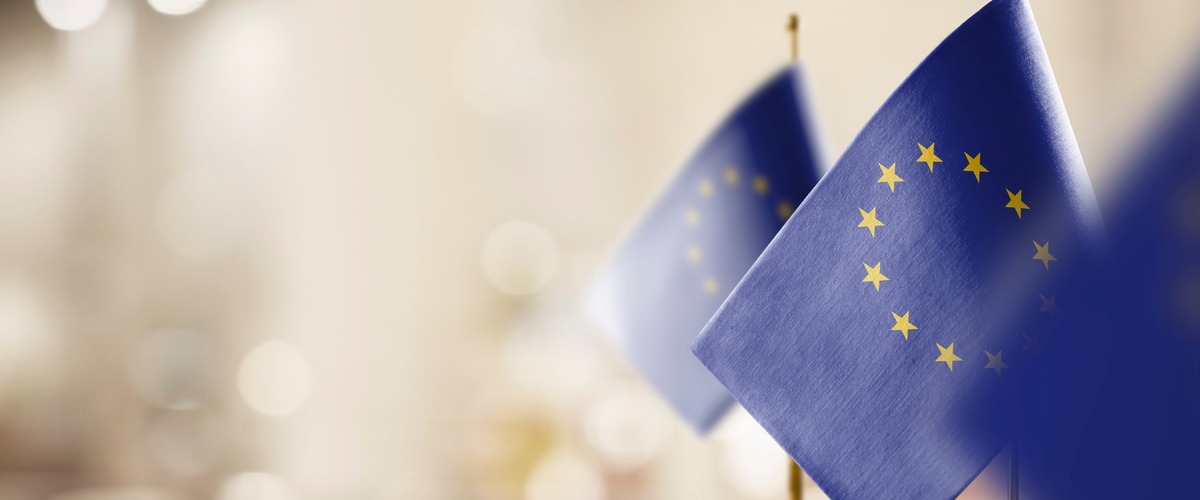Article | 22 May 2025
EU introduces stricter rules on plastic food contact materials

On 21 February 2025, the European Commission introduced amendments to existing EU regulations concerning plastic materials and articles intended to come into contact with food. The new regulation[1] aims to enhance safety, quality control and the use of recycled plastics in food contact materials. The changes took effect on 24 March 2025. In this article, Setterwalls provides a brief analysis of the key changes and their implications.
A key element of the regulation is the introduction of the concept and requirement of a “high degree of purity” for substances used in the manufacture of plastic materials and articles that may be present in the final plastic material, including those manufactured from waste. A substance is considered to have a high degree of purity if containing only minor amounts of non-intentionally added substances that meet specific conditions. The regulation also aligns with the concept of UVCB (substances of unknown or variable composition, complex reaction products or biological materials) as defined in Regulation (EC) No. 1907/2006. Only substances that comply with high-purity requirements will be permitted. This alignment facilitates the risk assessment for, and authorisation of, such substances.
The amendments also emphasise the importance of reprocessing plastic by-products and the use of recycled plastics. The regulation defines ”reprocessing of plastic” and sets out rules for the safe reprocessing of plastic by-products. It also specifies that substances manufactured from waste must be of a high degree of purity to ensure they do not pose a risk to human health. The use of recycled plastics is allowed in the manufacture of plastic materials and articles, provided they meet specific conditions.
The regulation also updates specific migration limits (SMLs), ensuring that hazardous chemicals do not leach into food at harmful levels.
Furthermore, to enhance consumer safety, the regulation mandates that manufacturers provide clear instructions regarding the use of plastic food contact articles. This includes information on how to prevent or slow down deterioration, observable changes indicating deterioration and warnings about specific damage or foreseeable misuse. The regulation also requires that plastic materials and articles intended for repeated use be accompanied by instructions for safe and appropriate use.
The regulation provides a transitional period for manufacturers to adapt to the new requirements. Plastic materials and articles complying with the previous regulations may continue to be placed on the market until 16 September 2026. However, manufacturers must inform users if a product from an intermediate stage of the manufacturing of plastic materials and articles or a substance intended for the manufacturing of such a product, material or article, and which is first placed on the market after 16 December 2025, does not comply with the new regulation and cannot be used to manufacture plastic materials and articles after the transition period.
The amendments introduced represent a step towards ensuring the safety and quality of plastic materials and articles intended for contact with food. By clarifying definitions, enhancing compositional requirements and promoting the use of recycled plastics, the regulation aims to protect human health and support sustainable practices.
It is important for all stakeholders to stay informed and adapt to these changes to ensure compliance. Please do not hesitate to reach out to Setterwalls if you have any questions.
[1] COMMISSION REGULATION (EU) 2025/351 of 21 February 2025 amending Regulation (EU) No 10/2011 on plastic materials and articles intended to come into contact with food, amending Regulation (EU) 2022/1616 on recycled plastic materials and articles intended to come into contact with foods, and repealing Regulation (EC) No 282/2008, and amending Regulation (EC) No 2023/2006 on good manufacturing practice for materials and articles intended to come into contact with food as regards recycled plastic and other matters related to quality control and manufacturing of plastic materials and articles intended to come into contact with food.


